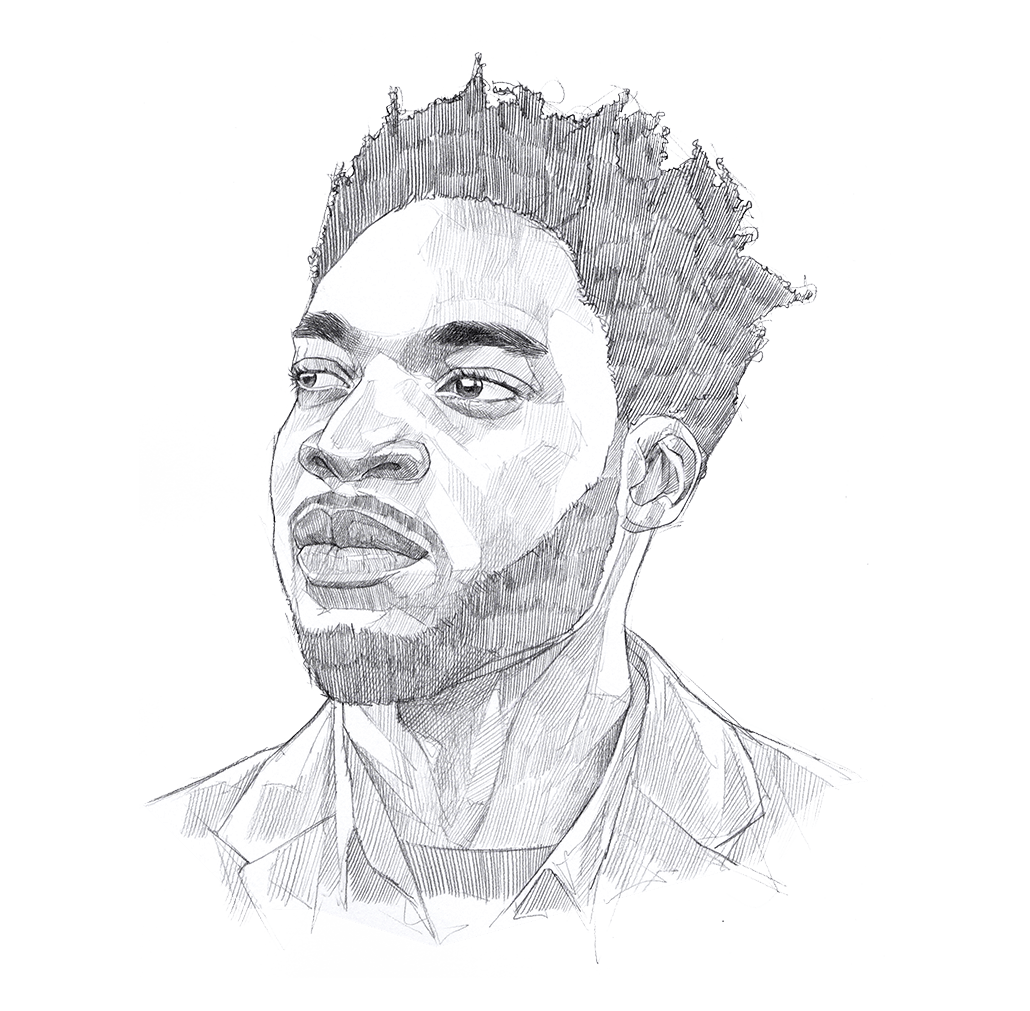We’re always stronger together
I think this highlights the issue of feeling alone in these kinds of circumstances. I would say that as young Black leaders in the community, it is kind of on us to make sure that other fellow Black people - Black men - know that, if someone wanted to come to me about this, and have me go with them, I'd be down for that. Because I think that we're always stronger together, including in situations like this. I think that we're also more heard when we have multiple voices supporting each other, rather than just one person alone going to the university or whatever the powers may be and saying "this happened to me." So, I think of this as an opportunity for us to see the power of coming together across all the spectrums of different incidents that happen in the student experience.[...] You know, the first step is that if we don't have each other's back on things and if we don't try to help each other in these situations, we can’t expect anyone else to take us seriously if we don't take ourselves as seriously as we should. [...] We need to make sure that we're sticking together, first and foremost. We need to stick together when dealing with this kind of stuff. If this really happened to someone, it's not something that you'd want weighing on your mind and feeling like you can't say anything to anyone because it can lead to a whole other multitude of other issues.
Recommendations
-
Create an inter-university and college roster of peer supporters and educators that includes international and domestic student leaders across genders.
-
Including male students across cultures in discussions of sexual violence, gender stereotypes, and stereotypes of masculinity.
-
Be aware of damaging assumptions about Black and Middle Eastern male sexuality; consider problematizing this form of bias in education and awareness campaigns. In working with students from these demographics in relation to a disclosure or report, demonstrate awareness that such biases exist, and demonstrate intention not to be swayed by such assumptions.
-
In education and awareness campaigns, highlight the fact that a significant percentage of men have experienced sexual violence in their lives.
-
Seek ways to make healing practices that resonate with collectivist cultures and that are strength-based available to students, either through university services or through referrals to external programs.

